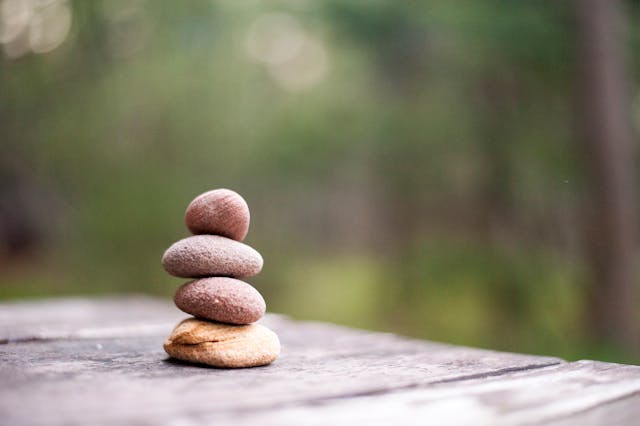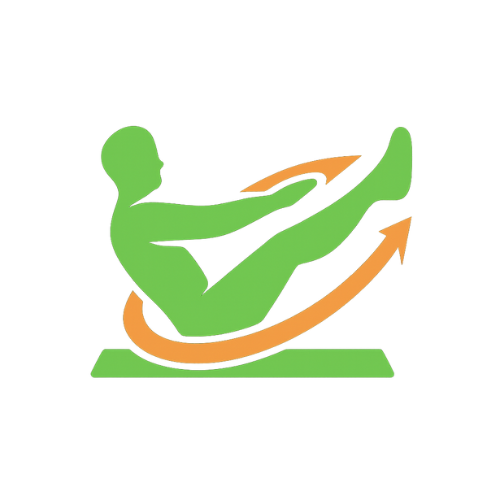Reading time: 6 minutes
Attention: Is Poor Sleep Ruining Your Life?
Are you tired, stressed, and struggling to stay focused throughout the day? Insomnia is more than just tossing and turning—it’s a silent disruptor that can wreak havoc on your physical and mental health.
Poor sleep quality is linked to hormone imbalances, mood disorders, and even chronic diseases.
Without proper rest, your body simply can’t recharge, and your productivity and well-being pay the price.

Interest: Why Regulating Sleep is Key to Health
Did you know that over 40% of adults experience poor sleep, and a staggering 70% report high stress levels? The connection is undeniable: stress feeds insomnia, and insomnia exacerbates stress.
When you don’t sleep well, your brain and body miss out on vital recovery processes. Hormones become unbalanced, digestion suffers, and you’re left feeling exhausted and irritable.
But here’s the good news: regulating your sleep is entirely within your control.
By making small, targeted changes to your routine, you can break free from restless nights and reclaim your energy.
Desire: Imagine Waking Up Refreshed Every Day
Picture this: falling asleep effortlessly, waking up energized, and feeling sharp and focused throughout your day.
Regulating your sleep isn’t just about avoiding tired eyes; it’s about transforming your life. Whether your goal is to improve productivity, boost your mood, or simply enjoy better health, a proper sleep routine is the foundation for success.
Ready to make that vision a reality?
Let’s dive into the steps to regulate your sleep and take control of your nights.
What is Insomnia and Why Does It Matter?
Insomnia is a sleep disorder that affects your ability to fall asleep, stay asleep, or wake up refreshed. It disrupts all stages of rest, leaving you physically and mentally drained. Chronic insomnia can:
- Increase stress and anxiety.
- Disrupt hormone production.
- Lead to serious health risks like cardiovascular disease, obesity, and weakened immunity.
By regulating sleep, you’re not just improving rest—you’re safeguarding your overall health.

What is the Ideal Sleep Cycle?
Sleep isn’t just downtime for your body; it’s when critical processes like memory consolidation, tissue repair, and hormone regulation occur. For most adults, 7–9 hours per night is the sweet spot.
- Sleeping too little: Prevents your body from completing these tasks, leading to long-term health problems.
- Oversleeping: Can disrupt hormonal balance, leaving you groggy and fatigued despite extra hours in bed.
How to Regulate Sleep: Proven Tips for Better Rest
Follow these steps to restore your sleep naturally:
1. Stick to a Consistent Sleep Schedule
Your body thrives on routine. Go to bed and wake up at the same time every day—even on weekends. Over time, your internal clock will align with your schedule, making it easier to fall asleep and wake up naturally.
2. Limit Screen Time Before Bed
Blue light from phones, tablets, and computers interferes with melatonin production, the hormone responsible for sleep. Avoid screens at least 2 hours before bedtime, and opt for relaxing activities like reading or meditation instead.
3. Create a Sleep-Friendly Environment
Your bedroom should be a sanctuary for sleep. Make these adjustments:
- Keep the room dark with blackout curtains.
- Maintain a cool temperature (60–67°F).
- Minimize noise with earplugs or white noise machines.
- Use your bed exclusively for sleeping to reinforce the mental association.
4. Prioritize Physical Activity
Regular exercise improves overall health and helps regulate hormones that influence sleep. Aim for at least 30 minutes of moderate activity daily, preferably earlier in the day to avoid overstimulation before bed.
5. Improve Your Diet
What you eat has a direct impact on sleep quality.
- Avoid heavy meals and caffeine in the evening.
- Incorporate sleep-promoting foods like bananas, almonds, and whole grains into your diet.
- Stay hydrated throughout the day but limit fluids right before bed to avoid nighttime trips to the bathroom.
6. Get Morning Sunlight Exposure

Sunlight is a natural regulator of your circadian rhythm. Exposing yourself to natural light in the morning helps reset your internal clock, signaling your body to wake up and be alert during the day.
7. Consider Natural Supplements
For those who struggle despite lifestyle changes, supplements like melatonin can help. Unlike prescription sleep aids, melatonin works with your body’s natural processes to improve sleep without harmful side effects.
Always consult a healthcare professional before starting supplementation.
The Science Behind Sleep and Stress
Stress is one of the biggest culprits behind poor sleep. When you’re stressed, your body produces cortisol, a hormone that keeps you alert and awake.
Over time, this creates a feedback loop where stress causes insomnia, and insomnia increases stress. Breaking this cycle is essential for long-term health.
Techniques like mindfulness, yoga, and deep-breathing exercises can reduce stress levels, making it easier for your body to transition into rest mode at night.
The Role of the Circadian Rhythm
Your circadian rhythm is your body’s internal clock, regulated by light and darkness. To maintain a healthy rhythm:
- Avoid artificial light in the evening.
- Dim the lights as bedtime approaches.
- Establish a morning routine that includes exposure to bright sunlight.
Common Sleep Mistakes to Avoid
- Using your phone in bed.
- Eating a heavy meal right before sleep.
- Relying on alcohol or sleeping pills.
- Oversleeping on weekends.
Checklist for Regulating Sleep
Here’s a quick summary to get your sleep back on track:
- Set a consistent sleep schedule.
- Limit screen time before bed.
- Create a dark, quiet, and cool sleep environment.
- Exercise daily but not too close to bedtime.
- Improve your diet with sleep-friendly foods.
- Get natural light exposure in the morning.
- Use natural supplements if necessary.
Conclusion: Take Control of Your Sleep Today
Regulating your sleep doesn’t have to be complicated. By making small, intentional changes to your routine, you can improve your rest, boost your energy, and transform your life.
Remember: sleep is the foundation of health, and it’s never too late to take control.
Start tonight by turning off your devices, dimming the lights, and creating a peaceful sleep environment. A better tomorrow starts with better sleep today.
FAQs
1. How many hours of sleep do I really need?
Most adults need 7–9 hours of sleep per night to function optimally.
2. Does melatonin work for everyone?
Melatonin can be effective for many people but works best when paired with a healthy sleep routine. Consult a doctor before use.
3. How can I fall asleep faster?
Create a bedtime routine, avoid screens, and try relaxation techniques like deep breathing or meditation.
4. Can diet affect sleep quality?
Yes, foods rich in magnesium and tryptophan, like almonds and bananas, promote better sleep. Avoid caffeine and heavy meals before bed.
5. Is it bad to sleep in on weekends?
Oversleeping can disrupt your circadian rhythm. It’s better to maintain a consistent wake-up time, even on weekends.




Permalink
Permalink
Permalink